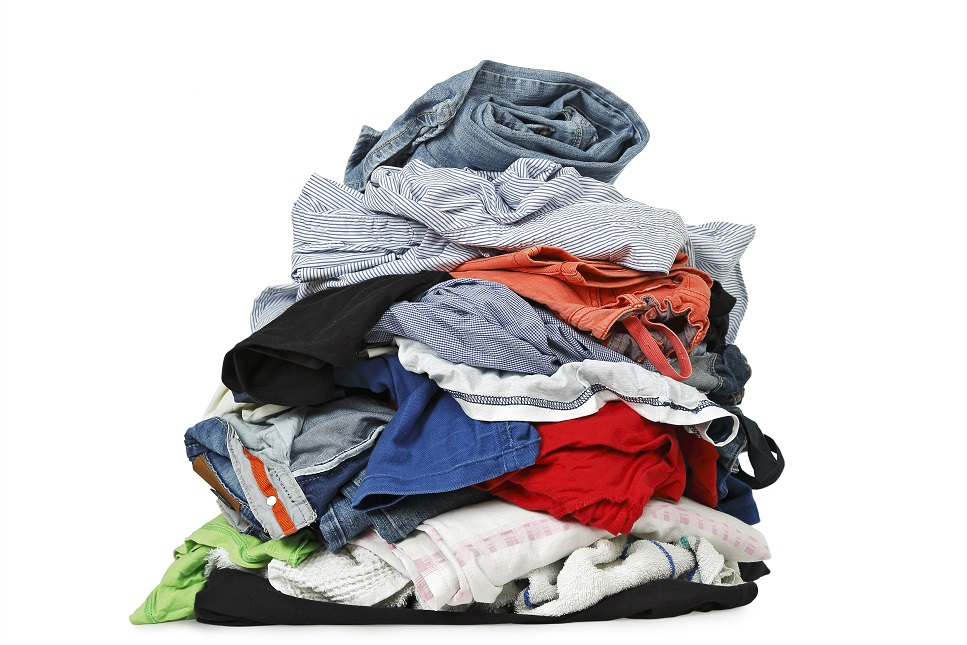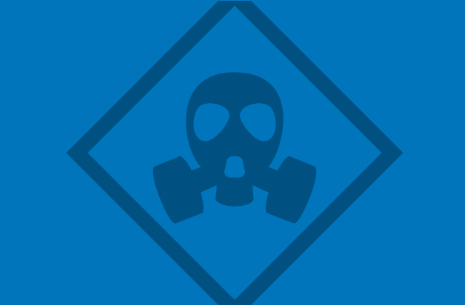Facts About Your Trash
- The average person throws away 70 pounds of clothing per year
- Each year, 3.8 billion pounds of unnecessary waste is added to our landfills
- Clothing and household textiles currently make up 5.2% of the waste in landfills
- Any textile item can be recycled, even if it has been worn, torn, or stained.
- Recycled textiles are either sold for someone else to wear or processed into fibers and turned into paper, insulation, carpet padding and other items
**According to the U.S. government’s Environmental Protection Agency (EPA)

Why We Recycle

It Reduces Environmental Pollution
Textiles that are thrown in the trash are sent to landfill sites. Here, they can produce toxins which pollute the water we drink and the air we breathe.
It Saves Resources
Recycling wearable clothes lowers the amount of resources that go into making new ones. If unwanted clothing can be worn by someone else, less land, water and fertilizer has to be used in growing cotton.


It Saves Energy
It takes significantly less energy to produce new products from Recycled textiles than it does from raw materials.
It’s Common Sense!
Recycling is good for our planet and our children. It’s also profitable and creates jobs around the world — that’s just good business sense!

